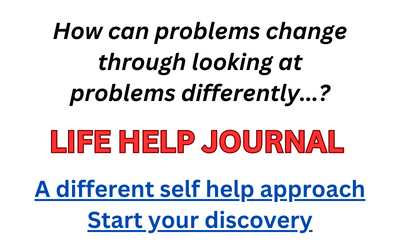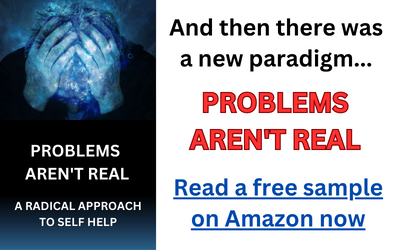As there are treatment facilities for substance abuse and dependency, so there are treatment facilities for emotional dysfunctions like depression. There is rehab for depression then? Yes, there is.
But is such a thing necessary?
There’s no doubt that depression can be a painful and even immobilizing condition. It’s safe to say, I believe, that depression is better treated than not. The significant issue is really the nature of the treatment.
Before discussing proper treatments, however, let’s first identify the problem. What is depression exactly? What causes it?
Some people consider depression to be a biological disorder, and depression at times is referred to as a “chemical imbalance” within the brain. Is this an accurate descriptive of what depression is and why it occurs? Perhaps in some cases, but generally speaking I believe it is not an accurate descriptive. I’ll explain why in a moment.
There certainly seems to be a biological, or brain makeup, component to depression in some instances. For example, individuals with so-called bipolar disorder experience down mood states — sometimes referred to as depression — interspersed with what could be described as mania. There are also cases of people with physical brain damage who experience depression.
Situations like this however are, in fact, the exception. The majority of people with depression do not have a clear physical component to their condition. This points to a conclusion I wholly agree with: depression is most often not a physical condition but a mental one. In other words, depression is thinking based.
Here’s how depression usually occurs:
A thought stream comes into our awareness that says, essentially, life is bad and should be different than it is. We accept this thought stream as truth and in response experience an emotional reaction — emotions are physical body responses to thought — that we call depression. What often happens beyond this is that we label, through accepting another thought stream as truth, the depression we feel as something bad or wrong. This, naturally, exacerbates our overall down mood.
Welcome to “depression”. Now, what’s to be done about it?
A couple of responses to depression that I consider very effective, and can be done within one’s own surroundings and outside any form of rehab facility, are meridian energy therapy along the lines of EFT, and something called The Work. Meridian energy therapy is akin to acupuncture with touch taking the place of needle insertions.
Get more information about meridian energy therapy Here.
The Work is a tool created by life help teacher Byron Katie. The Work is, essentially, a cost-benefit analysis for believing thought and attaching to the corresponding suffering toxic thinking causes. The Work is performed by writing down painful thinking streams and applying four questions to them:
– Is the thought true?
– Can I absolutely know that the thought is true?
– How do I react when I believe the thought?
– Who would I be without the thought?
Get more information about The Work Here.
A third method for dealing with depression is to observe it but otherwise allow it to be. This is in contrast to the response most people have to depression: most people feel a need to “do” something about depression and will often embrace depression as some form of absolute life truth, or attempt to push it out of their awareness.
Both of these responses, however, engage depression and so actually hold it within our awareness. If we let the experience of depression simply be there, if we observed our depression but otherwise allowed it to be, we would stop engaging the experience and any ties between it and us would ultimately weaken.
Get more information about this method of observation and allowing Here.
So is going to a rehab facility the best option for depression? Perhaps… but it’s certainly not the only option. The methods mentioned within this writing can be undertaken by most any person, in most any setting.

